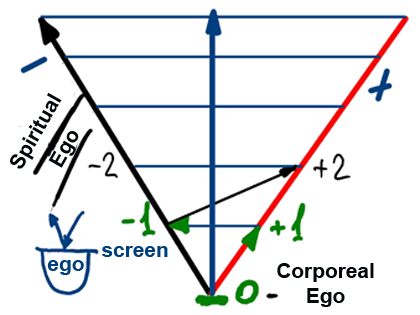How the Study of Kabbalah Works On You in a Gradual Way
In truth our present perception of reality is very limited, undeveloped. Our sensors are very unrefined. We cannot feel much of what happens inside our own bodies, such as molecular collisions or the birth of new cells. Therefore, there are many changes that need to take place for us to start feeling anything. Before any feeling is created in us, millions of wheels must revolve inside, entire mechanisms have to perform many corrections before those corrections are felt by us.
The study of the Kabbalah works on various levels of our soul, in attributes of the will to receive what we cannot feel just yet. A person reads but understands nothing, and so feels no reason to continue to study. The person feels this way because the text is working on attributes below the threshold of his or her feelings. It is like a person filling a glass of water and wondering why the bottom part of the glass has to be filled first before he or she can drink off the top. There seems to be no reason to be concerned with the other parts.
For Kabbalah to be Effective a Special Intention Is Needed from You
Our will to receive is corrected through the study of the Kabbalah. The study deals with the different levels of the soul, the vessel and the desire, which are at the bottom of the glass. We don’t touch them, do not drink them, and do not feel their actual taste until they reach the top, where we actually begin to feel them.
Continue reading “Discover the Amazing Gift That Kabbalah Can Give to Your Life”




